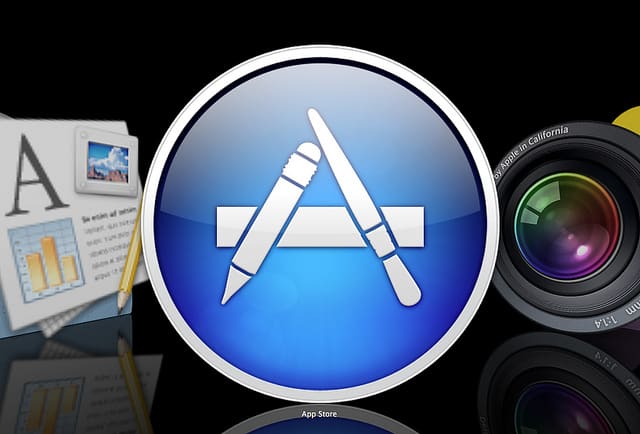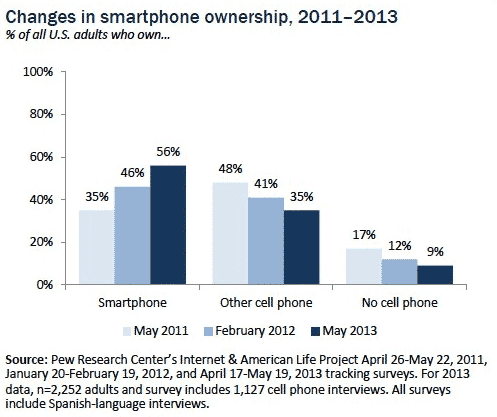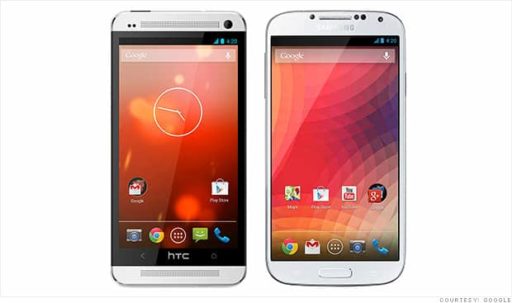UDID code is a 40-character-long unique identification number which distinguishes your particular Apple device from all the rest. The UDID code can be accessed by apps and app developers as well as different ad networks that display ads on your device. While this is kind of essential for many mobile ad networks, it can be used to seriously breach the security of your device and steal your personal info. And now, Apple seems to be working to make that impossible.
Formerly, access to UDID codes has been fairly standard for app developers as well as mobile ad networks. However, with time, it has been revealed that UDID can be used to find out a user’s Facebook account, email address, mobile number and a lot of other details. All the attacker will need is access to the UDID or an entire database of UDID and bingo, that does it!
This does have serious security-related ramifications. And that is precisely why, Apple has plans of phasing out all such apps which make use of the UDID. As the first step to that, two of Apple’s ten app review teams are imposing blanket rejections on UDID-using apps.
However, this does pose the developers a lot of problems. For instance, developers often use UDID to uniquely identify an Apple device for many different purposes, for instance to authenticate a purchase made by that device. With no access to UDID, a developer won’t be able to do so.
Moreover, mobile ad networks are able to deliver specific and targeted ads on the mobile devices with the help of UDID. Removing the feature altogether can hurt the mobile ad revenues bad and at the same time, make mobile ads quite irrelevant for the users. According to the CEO of a mobile network, ‘The UDID is essential for managing the conversion loop. All the performance dollars that are spent on mobile are going to impacted by this not being there.’
There are other solutions that are being offered to counter this problem without turning it into a paradox. For instance, OpenUDID is a system which allows all such users who don’t want their UDID to be tracked to opt out so that developers or mobile ad networks won’t be able to access their UDID. This can be a reasonable solution to this problem. According to the official website of OpenUDID, ‘This is a fairly universal need in a thriving ecosystem: developers need the traceability from clicks to downloads to ensure that they pay the right price for their promotion. Proper tracking and funnel conversion is what has made the web a better place, with healthy competition and quantifiable metrics.’
Image courtesy Rob.
Follow us on Twitter or be a Fan on Facebook or Subscribe On our News Feed for free to get regular update.
[ttjad keyword=”ipod-touch”]



